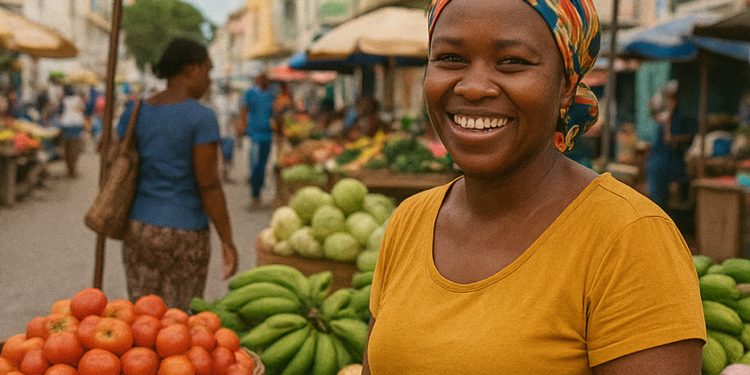Cabo Verde’s economy has firmly returned to a path of growth, emerging as one of the most promising recovery stories in West Africa. According to the Cabo Verde Economic Update 2025, published today by the World Bank, the country’s GDP grew by 7.3% in 2024, driven by a strong rebound in tourism and a modest recovery in agriculture. This economic momentum has had a direct and positive impact on the population: inflation fell to 1% — its lowest level in years — and poverty decreased to 14.4%, based on the international poverty line of $3.65 per day (2017 PPP).
This growth has translated into real improvements in the lives of Cabo Verdeans, with greater access to services, jobs, and public investment. The current account posted a surplus for the first time in four years, and public debt continues its downward trend — a reflection of responsible macroeconomic management.
India leads a technical response following the Boeing 787 crash
“Cabo Verde’s recovery is a testament to the resilience of its people and institutions,” said Indira Campos, World Bank Resident Representative in Cabo Verde. The report also highlights the enormous potential of empowering women economically.
Although challenges remain in access to formal employment and strategic sectors, closing gender gaps could increase GDP by up to 12.2% in the long term. To achieve this, the report recommends expanding access to childcare, promoting women’s skills in STEM and technical/vocational education, and transforming social norms that limit full participation.
Looking ahead, projections for 2025 anticipate 5.9% GDP growth, with continued poverty reduction expected. While external risks — such as market volatility and climate-related shocks — remain, Cabo Verde has shown strong institutional capacity to manage challenges and advance toward a more inclusive and sustainable development model.
“Cabo Verde has achieved something remarkable: combining economic growth with real social progress. The path toward a more resilient, prosperous, and equitable nation has never been clearer,” concluded Anna Carlotta Massingue, World Bank Senior Country Economist.









